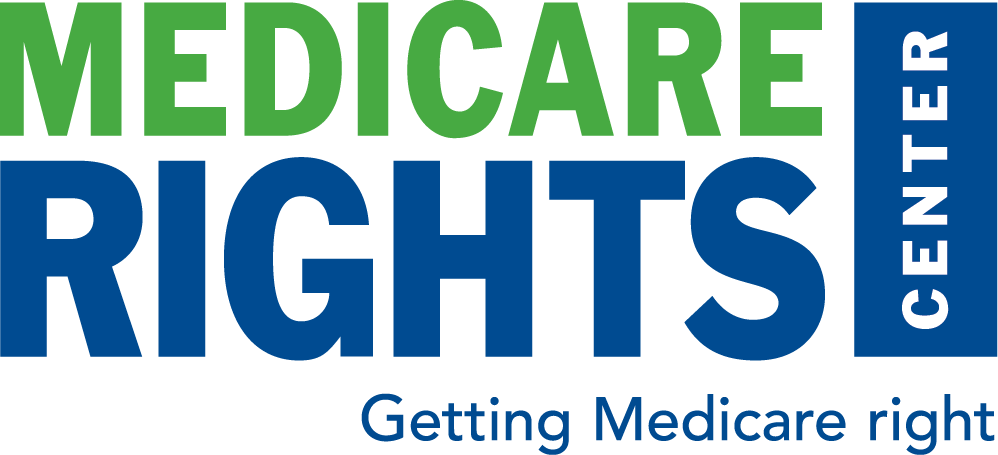
Dear Marci,
I will turn 65 soon and be eligible for Medicare. I am still working and receive health insurance from my employer. If I sign up for Medicare, how will it work with my current employer-based insurance?
-Marco (Montclair, NJ)
Dear Marco,
This is a common question. As more people continue to work past age 65 and receive employer health benefits, they have questions about Medicare coverage. Learning about how Medicare works with your current employer insurance can help you decide if you want to sign up for Medicare when you become eligible. Note that when we say “current employer insurance,” we mean insurance from either your or your spouse’s job.
The first thing to think about is whether Medicare will pay primary or secondary to your current employer insurance. Medicare paying primary means that Medicare pays first on health care claims, and your employer insurance pays second on some or all of the remaining costs. Medicare paying secondary means that your employer insurance pays first, and Medicare pays on some or all of the remaining costs.
Medicare works with current employer coverage in different ways depending on the size of the employer. For people who are eligible for Medicare because they are 65 or older, Medicare pays primary if the insurance is from current work at a company with fewer than 20 employees. This is called a small group health plan. Medicare pays secondary if the insurance is from current work at a company with more than 20 employees. This is called a Group Health Plan (GHP).
If you have insurance from your or your spouse’s current employer when you become eligible for Medicare, you may think about delaying Medicare enrollment. If you are covered by current employer insurance—regardless of the size of the employer—you can delay Medicare enrollment without penalty. (Those who work at companies with fewer than 20 employees may want to sign up for Medicare since it pays primary. I explain further in the next paragraph.) You will have a Special Enrollment Period (SEP) to enroll in Medicare at any point while covered by the employer plan or up to eight months after the first month you are without that employer coverage. To avoid gaps in coverage, it is often wise to sign up in the month before employer coverage ends.
Before you delay Medicare enrollment, note that you may encounter some problems if Medicare is supposed to pay primary.
- Your employer plan may refuse to make payments until Medicare pays.
- If your employer plan pays primary but was supposed to pay secondary, it may recoup payments, leaving you responsible for the out-of-pocket costs.
– Marci
The Latest
Most Read
Add Medicare to Your Inbox
Sign up to receive Medicare news, policy developments, and other useful updates from the Medicare Rights.









